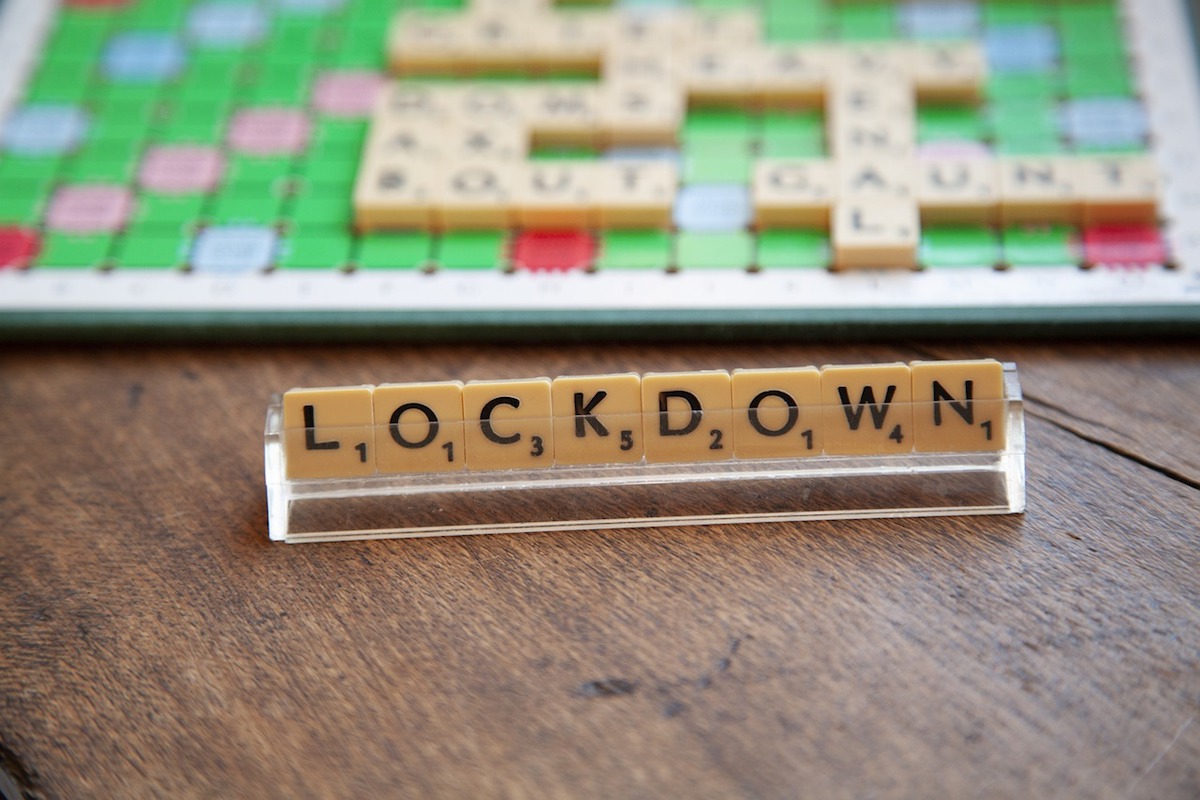

The lockdown has forced many of us to rethink how we live our lives. While some workers have been furloughed to help companies stay afloat, others are working from home, ditching their usual desk for the kitchen table.
One unexpected side effect of the lockdown for some people is that their financial situation is looking a lot stronger. This may be a blessing in months to come, as we don’t yet know the full impact the COVID-19 outbreak will have on the economy.
The lockdown created the perfect conditions for those trying to save. In particular, those who may have struggled to put away money every month because they were tempted by social plans may have been forced to curb their spending.
The biggest impact the lockdown will have had on personal finances is the change in monthly expenditure. With many offices closed, many people are working from home, which means they no longer have to pay for their daily commute. Some car insurance companies have also agreed to freeze insurance payments for those who do not need to use their cars during this time.
Banks have given borrowers the opportunity to pause their mortgage, loan and credit card payments, giving them some breathing room for the first time. Anyone stuck in their overdraft month after month may have been given respite from the usual monthly interest charges, giving them a chance to break the habit.
But the change to our way of life won’t have an entirely positive impact. People can expect to see their energy bills increase as we all spend more time at home. And those who didn’t previously have a home office setup may have been forced to foot the bill for upgrading their office tech.
While spending on entertainment, travel and holidays has all but disappeared, other things may have become more expensive. Food shortages at the start of the pandemic may have forced you to choose a different supermarket for your weekly shop. You may also have had to opt for more expensive products.
The lockdown has had an unexpected impact on our finances. While some things may be more expensive, overall, the cost of living decreases when you can’t go shopping, go on holiday, or enjoy restaurants and cinemas. The result is that some people have become unexpected lockdown savers. While furlough wages may be lower than a full-time wage, some people have used the time away from work tasks to take on additional work and boost their income.
Research suggests that around 16% of people feel better off now than they did at the start of the pandemic. Hitting pause on the world economy, and allowing people to hit reset on their finances has allowed many to get back on track with their finances. After paying off credit card debt and clearing overdrafts, this has left many people with extra disposable income which they can then save.
Those feeling more financially buoyant as a result of the lockdown may be wondering how they can keep this going once things return to normal. If you’re saving for a deposit for a home, the lockdown may have given you a head start.
When things return to normal, it’s important that you don’t spend more every month to “make up for lost time”. Instead, get into the habit of putting away money in a savings account at the start of every month. This will allow you to budget with the remaining funds, rather than waiting to see what is left at the end of the month.
